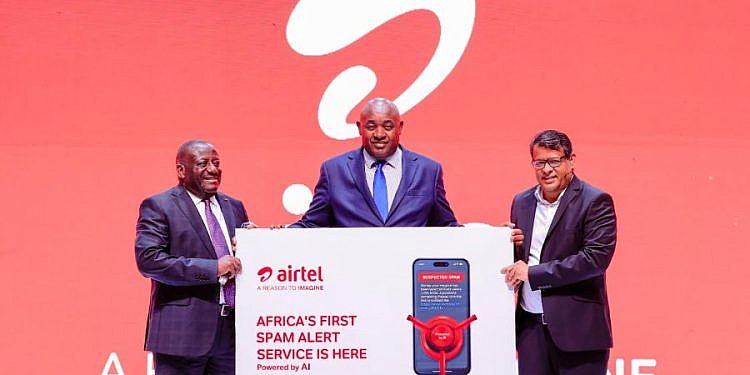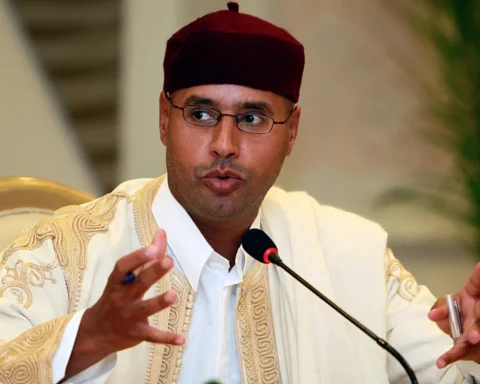Uganda is rapidly shifting into a data-driven economy, as more citizens opt for internet connectivity over traditional voice calls. Airtel Uganda’s half-year financial results for the period ending June 30, 2025, highlight this digital transformation, with data revenue soaring and voice services declining in relative importance.
According to Airtel’s latest report, data revenue grew by 30.4% year-on-year, reaching shs525.7 billion. This now represents nearly half of the telecom’s total service revenue—a remarkable shift from just a few years ago when voice calls dominated earnings.
The growth is being driven by a surge in data subscribers and higher average data consumption per user. Airtel’s customer base expanded by 25.9%, reaching 7.5 million data subscribers. At the same time, average monthly data usage rose by 22.6% to nearly 6GB per user.
As demand spikes, the network is under pressure to scale. Airtel reported a 57.4% increase in overall traffic during the first half of the year, prompting significant infrastructure investments. In the past six months alone, the company deployed 176 new 4G sites, installed 150 additional 5G sites, and extended its fibre network by 1,793 kilometres.
Airtel’s network usage trends underscore Uganda’s growing appetite for high-speed, reliable connectivity. Currently, 86.9% of all network traffic runs on 4G, up from 80.4% the previous year. The uptake reflects changing user expectations—Ugandans increasingly demand speed, stability, and seamless digital access.
These findings align with the Uganda Communications Commission’s (UCC) Q2 2025 market report, which recorded 16.5 million mobile internet subscriptions, nearly catching up with the country’s 17.6 million smartphone users. While data usage continues to climb, traditional airtime purchases are on a steady decline.
Social media platforms dominate data consumption. WhatsApp leads with 9.2 million users, followed by TikTok at 8.8 million, YouTube at 6.1 million, and X (formerly Twitter) at 1.1 million. TikTok alone accounts for an astonishing 56% of all mobile data usage in Uganda, followed by WhatsApp at 24% and YouTube at 13%.
Beyond usage trends, Airtel attributes its growing data footprint to smartphone accessibility. Device financing programs such as Airtel Badili, Mogo, and strategic partnerships have pushed smartphone penetration on Airtel’s network to 39.9%, enabling more Ugandans to access digital services affordably.
Airtel’s digital ecosystem is also expanding. The MyAirtel app has seen steady growth, now boasting 1.25 million monthly active users. This signals a shift toward digital self-service, as customers increasingly prefer managing accounts and accessing services online over visiting physical service centres.
Uganda’s transition to a data-first economy is influencing multiple sectors—from entertainment and e-learning to e-commerce and remote work. Small businesses are leveraging platforms like WhatsApp to reach customers, while students in rural areas are tapping into online educational resources.
If current trends persist, Airtel’s data segment is poised not only to drive future revenue but also to redefine the company’s core business model. As digital adoption accelerates nationwide, data—not voice—appears set to shape the next chapter of Uganda’s telecom landscape.




